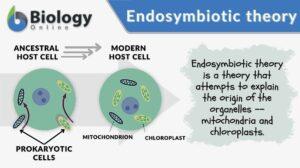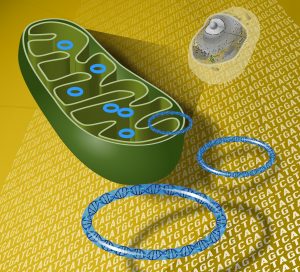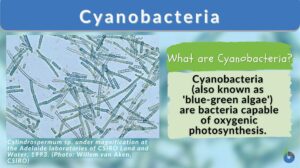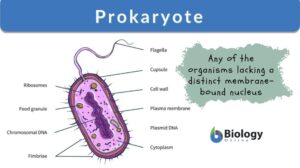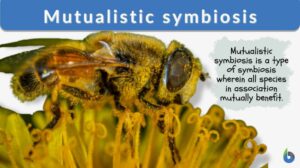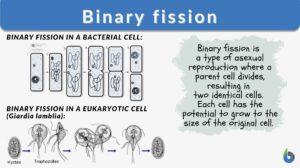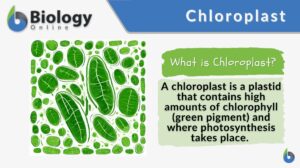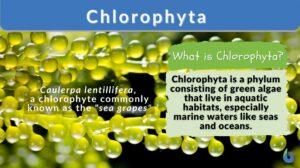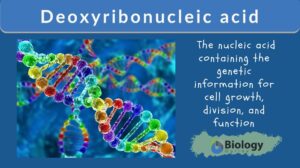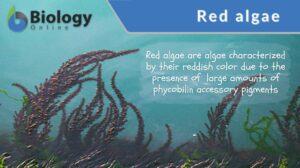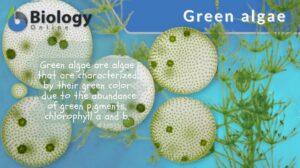Search Results for: endosymbiotic theory
Endosymbiotic theory
A eukaryotic cell is distinct from a prokaryotic cell by the presence of membrane-bound cellular structures called... Read More
Cell theory
What Is Cell Theory? Biological cell theory explains the idea of organismal constitution, structure, and function. It... Read More
Prokaryotic Ancestor of Mitochondria: on the hunt
The alphaproteobacteria have been widely cited as the closest relative-- and possibly the prokaryotic ancestor -- of the... Read More
Cyanobacteria
Cyanobacteria Definition Cyanobacteria is a group of photosynthetic bacteria widely distributed in various aquatic habitats... Read More
Living things
Living Things Definition A living thing pertains to any organism or a life form that possesses or shows the characteristics... Read More
Mitochondrion
Mitochondrion Definition What are mitochondria? The term “mitochondrion” comes from the two words of the Greek... Read More
Endosymbiosis
Definition noun A symbiosis wherein the symbiont lives within the body of its host Supplement Symbiosis pertains to a close... Read More
Photosynthesis
Photosynthesis is a physio-chemical process carried out by photo-auto-lithotrophs by converting light energy into chemical... Read More
Chemiosmosis
Chemiosmosis Definition What is chemiosmosis? In biology, chemiosmosis refers to the process of moving ions (e.g. protons)... Read More
Prokaryote
Prokaryote refers to any of the group of living organisms primarily characterized by the lack of a true nucleus and other... Read More
Unicellular
Unicellular organisms are organisms consisting of one cell only that performs all vital functions including metabolism,... Read More
Eukaryotic cells
Eukaryotic Cells Definition What is a eukaryotic cell? Eukaryotic cells refer to the cells of (or derived from) eukaryotes,... Read More
Chlorophyll
Why are most plants green? Have you ever had the same question? Perhaps, you’ve been told that the plants are green... Read More
Mutualistic symbiosis
Mutualistic Symbiosis Definition In order to understand what a mutualistic symbiotic relationship means, we will break down... Read More
Binary fission
Binary Fission Definition What is binary fission? In biology, binary fission is a type of asexual reproduction where a... Read More
Chloroplast
Chloroplast Definition What is chloroplast? In biology, a chloroplast refers to the organelle found within the cell of... Read More
Chlorophyta
Chlorophyta Definition Chlorophyta is a taxonomic group (a phylum) comprised of green algae that live in marine habitats.... Read More
Deoxyribonucleic acid
Deoxyribonucleic Acid (DNA) Definition A nucleic acid refers to any of the group of complex compounds made up of linear... Read More
Eubacteria
Eubacteria are prokaryotic microorganisms consisting of a single cell lacking a nucleus and containing DNA is a single... Read More
Charophyta
Charophyta is a taxonomic group (a phylum) comprised of green algae that live predominantly in freshwater habitats. Members... Read More
Green algae
Green Algae Definition Green algae (singular: green alga) are photosynthetic algae that are characterized by having... Read More
Mitochondrial DNA
Mitochondrial DNA Definition noun plural: mitochondrial DNAs The genetic material in the mitochondrion that carries code... Read More
Chloroplast DNA
Definition noun plural: chloroplast DNAs DNA in the chloroplast that carries the code for proteins and RNAs essential to... Read More
